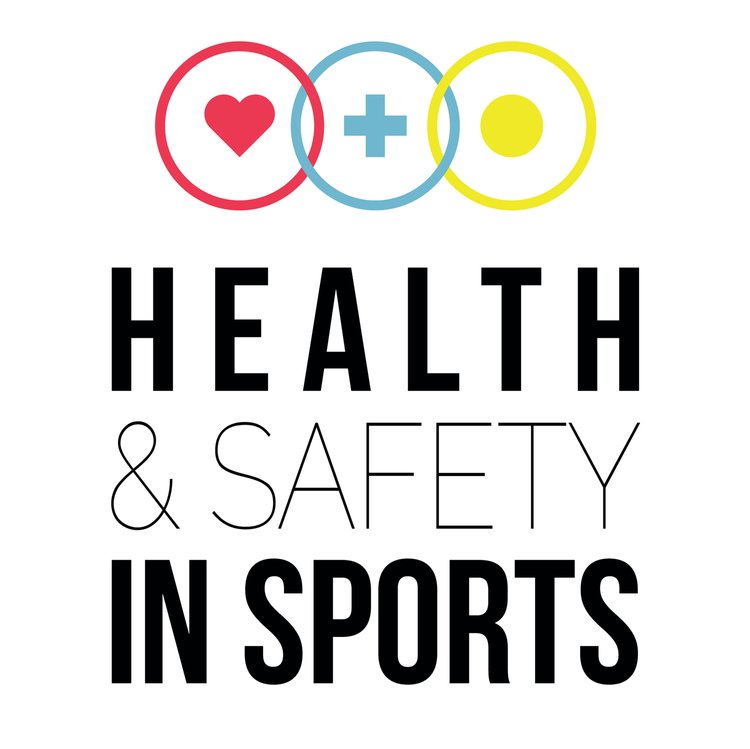Vincent Gouttebarge, one of our ACHSS colleagues, is an expert on Common Mental Disorders (CMD) in current and former high level athletes. This recent study, which he led, aimed to determine the prevalence and comorbidity of symptoms of common mental disorders among current and former Dutch elite athletes, and to explore the inference between potential risk indicators and the outcomes measures under investigation.
Read MorePublications
Objectively measured physical environmental neighbourhood factors are not associated with accelerometer-determined total sedentary time in adults
The physical neighbourhood environment may influence adults’ sedentary behaviour. Yet, most studies examining the association between the physical neighbourhood environment and sedentary behaviour rely on self-reported data of either the physical neighbourhood environment and/or sedentary behaviour. The aim of our most recent study was to investigate the associations between objectively measured physical environmental neighbourhood factors and accelerometer-determined total sedentary time in adults.
Read MoreOnline tailored preventive advice for runners, not effective?!
Hot from the press and just published in the British Journal of Sports Medicine (online first), is our latest manuscript on prevention of running related injuries (RRIs) in Dutch trail-runners. This study evaluated the effectiveness of adding online tailored advice (TrailS6) to general advice on (1) the prevention of RRIs and (2) the determinants and actual preventive behaviour in Dutch trail runners.
Read More"Use your head, wear a helmet"; a nationwide campaign to increase helmet use in Dutch skiers and snowboarders
Head injuries are common in skiing and snowboarding with possible serious consequences, including long-term and serious disabilities, and death. Despite this knowledge and recommendations to wear a helmet, actual helmet use remains low. We developed and evaluated the effects of a nationwide campaign that focused on behavioural change as a key factor for its success to increase helmet use in Dutch skiers and snowboarders.
Read MoreMethods Matter: introducing educational editorials in the British Journal of Sports Medicine.
Science is not about hard facts. At the core of proper research methods is a series of choices and assumptions made by researchers. Each of those choices impact the value of the study’s results, and as a reader you are presented with the researchers’ interpretations of those results. Shockingly, many readers still take study results for granted and fail to judge and criticise the value of presented outcomes within their own practical context. The BJSM now launches a series of editorials that aim to educate the clinical reader with the tools to form their own balanced opinions about study results.
Read More


